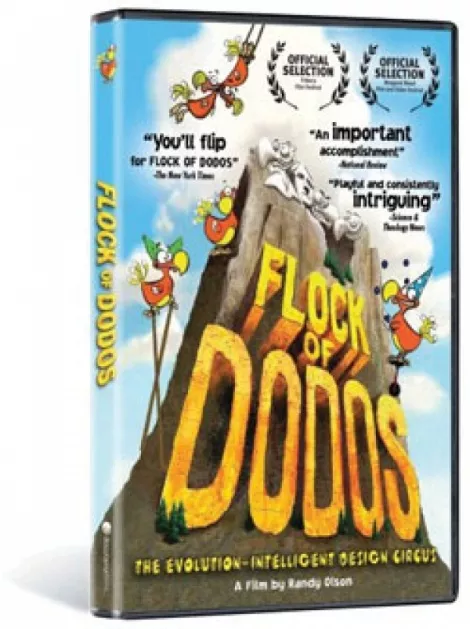
That’s not quite fair. There’s also Fearless, director Peter Weir’s 1993 film about the nonreligious spiritual awakening of an atheist played by Jeff Bridges, who most definitely does not find God after surviving a horrific plane crash. Mostly, though, Hollywood treats atheism as a sickness to be cured—as with Jodie Foster’s faithless scientist in 1997’s Contact—or in ways so roundabout and allegorical as to be all but unrecognizable as a critique of faith and God-belief to those not already experienced in thinking in such ways (see 1998’s The Truman Show, also from Peter Weir, a profound walloping of the concept that free will can co-exist with an all-knowing deity). Star Trek V: The Final Frontier, the worst of the Trek movies, is notable mostly for its thumping of “God,” reducing the holy being to just a crazy-ass alien bent on ruling the universe or something, just like all the other crazy-ass alien baddies the series ran into. Kirk’s pondering of “God’s” attempted theft of the Enterprise produced the now-classic line, “What does God need with a starship?”
When Hollywood movies do explicitly touch on religion, it’s often to condemn not belief itself, but the uses to which it is put. The brilliant 1992 political satire Bob Roberts gives us a right-wing presidential candidate who wraps himself not just in the flag but in Jesus, too. Monty Python’s Life of Brian (1979), one of the funniest movies ever made (a new “immaculate edition” comes to DVD in November), denounces unthinking dogma. Priest, which caused a huge stir upon its release in 1995 for its depiction of men of the cloth who are not at all celibate, is a powerful attack on the secrecy of the Catholic Church and the unreasonable lifestyle it requires of its clergy. The story of that film was fictional, if based on reality; less outcry accompanied the more recent documentaries Twist of Faith and Deliver Us From Evil, harrowing real stories of the crimes of pedophile priests, the complicity of the church and the suffering of survivors. And last year’s Jesus Camp covers the indoctrination fundamentalist Christian children endure at the hands of their so-called “spiritual” leaders.
None of those movies actually flat-out denies the existence of any deity. One that does is 2005’s The God Who Wasn’t There, from indie filmmaker Brian Flemming. A personal documentary in the style of Super Size Me or the films of Michael Moore, this is Flemming’s story of “what happened when I went looking for Jesus.” Raised as a fundamentalist Christian but now a devout atheist, Flemming assembles a slew of comparative-literature experts, historians and others to place the tale of Jesus in a context: as mythology. Flemming dares to term Pat Robertson a “radical cleric”; he points out the horrific Christian obsession with “blood sacrifice” (as proven by the wild popularity of The Passion of the Christ, the goriness of which Flemming dissects on a scene-by-scene basis); he demonstrates the utter ignorance of contemporary Christians of the history of their own faith, and of the concurrent hero- and god-myths that bear a remarkable resemblance to that of Jesus. In short, he states plainly and offers plenty of evidence for the contention that “moderate Christianity makes no sense” and that Christianity of any stripe is “crazy.”
Hollywood may be full of liberal heathens, but I’ve never heard atheist arguments like these in a major-studio Hollywood movie.
The “debate,” such as it is, between people of faith and people of none has moved in recent years, once again, into the classroom. A war has emerged between those who would teach impressionable students religion in the guise of “intelligent design” and those who wouldn’t. Just out on DVD in September is the wickedly funny documentary Flock of Dodos, from evolutionary biologist and filmmaker Dr. Randy Olson, which destroys creationistic concepts with a wit and an ease that often eludes expert defenders of evolution. Olson is all pro-science, but scientists don’t escape Olson’s withering, sarcastic glare: the inability of those on the factual, reality-based side of the evolution issue to express themselves in ways that the majority of the public without Ph.D. degrees can understand comes under attack, too. Maybe they should just be showing creationists this delightful movie.
cw